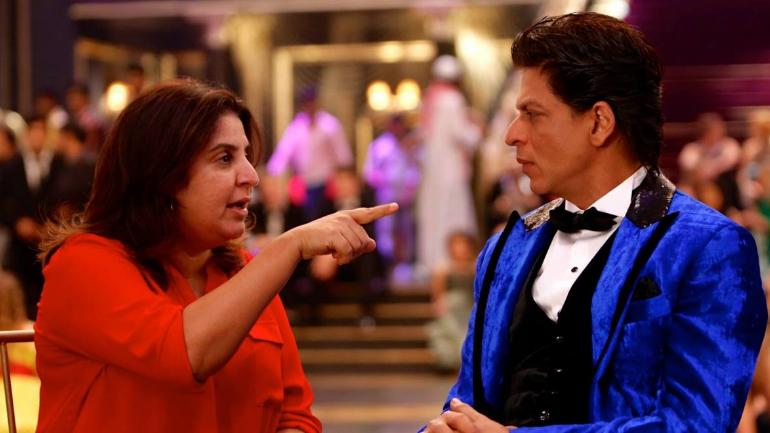Foreign Minister Shah Mehmood Qureshi on Thursday said that the International Monetary Fund (IMF) has agreed to give a one-year relief to Islamabad, keepin in view the country's struggle against the coronavirus pandemic.
“Developing nations have been hit the hardest with the pandemic,” Qureshi told Geo Pakistan.
The foreign minister’s remarks follow the announcement of the G20 nations on Wednesday to give one-year debt relief to world's poorest nations as they struggle to financially cope with the coronavirus pandemic
“Prime Minister Imran Khan had appealed to IMF for debt relief for developing countries which was accepted by the Fund. IMF has announced it would give one-year relief to 70 developing nations including Pakistan,” Qureshi said.
The foreign minister said the relief by the Washington-based organisation would be for one year and is expected to be given from May 1.
The prime minister on Sunday had appealed for a “Global Initiative on Debt Relief", stating that the coronavirus pandemic had posed unprecedented health and economic challenges.
The premier had appealed to the international community that the global pandemic could be contained with a strong, coordinated and well-crafted global response.
Earlier, the IMF and World Bank had announced they would back the Group of 20 nations’ decision to give one-year debt relief to world's poorest nations as they struggle to financially cope with the coronavirus pandemic.
These developments might pave the way for debt rescheduling for Pakistan for the next two years as Islamabad desperately looks for any such facility to create much-needed fiscal space for increasing spending on neglected health sector of the country.
The unemployment as projected by all the multilateral lenders as well as by the independent economists will increase pressure on the budgetary side to jack up funding for social safety nets.
The G20 finance ministers and central bankers endorsed "a time-bound suspension of debt service payments for the poorest countries," and in the communique following their virtual meeting, said, "All bilateral official creditors will participate in this initiative."
The initiative will "provide north of $20 billion of immediate liquidity" for poor countries to use "for their health system and support their people facing COVID-19”.
In a joint statement issued by World Bank Group President David Malpass and IMF Managing Director Kristalina Georgieva said, “We strongly welcome the decision of the G20 to respond to our call to allow the poorest countries of the world that request forbearance to suspend repayment of official bilateral credit on May 1.”
The leaders of the IMF and World Bank hailed the announcement, calling it "a powerful, fast-acting initiative that will do much to safeguard the lives and livelihoods of millions of the most vulnerable people."
The Washington-based lenders have rushed to roll out emergency financing and have received requests for aid from 100 countries.
The G20 called on private creditors, working through the Institute of International Finance, to participate in the initiative which extends to the world's 76 poorest countries.
The IMF has called the economic crisis the "Great Lockdown," warning it will slash $9 trillion off of global growth as the world economy contracts by three% this year, the most severe downturn since the Great Depression in the 1930s.
The situation could get much worse if the pandemic lingers into the second half of the year or resurges.
The G20 officials also reiterated their commitment to deploy "available tools" to deal with the health and economic crisis caused by COVID-19.
"Our efforts must continue and be amplified," the communique said.
The IMF estimates the 20 governments already has committed about $7 trillion towards combating the virus and providing economic lifelines to households and companies struggling to weather the crisis.
But more will be needed to restart the global economies once the pandemic has passed.


 While Bollywood films are filled to the brim with drama and sensationalism, the real lives of the stars who we see on the silver screens, aren’t any less filmy either.
While Bollywood films are filled to the brim with drama and sensationalism, the real lives of the stars who we see on the silver screens, aren’t any less filmy either.